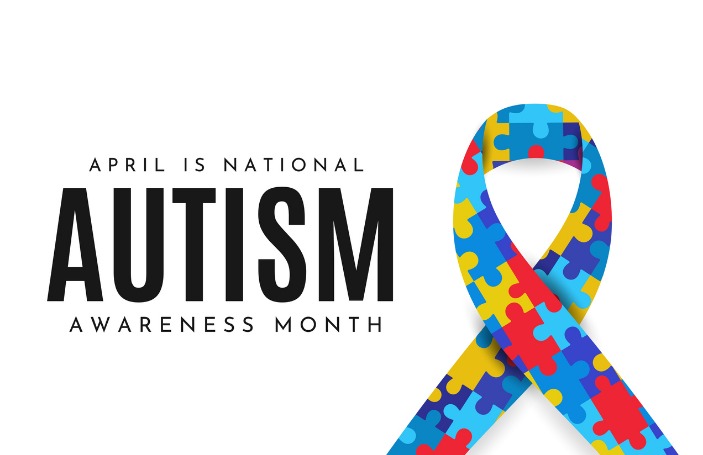As a parent or caregiver of a child with autism, you may be exploring different avenues to help your child thrive and reach their full potential. One such avenue that has shown to be incredibly beneficial for children on the autism spectrum is learning to play the piano. Piano lessons can not only be a source of joy and creative expression for autistic children, but also offer a range of cognitive, emotional, and social benefits.
Benefits of Piano Lessons for Autistic Children
1. Cognitive Development:
- Improved Focus: Learning to play the piano can help improve a child’s concentration and attention span.
- Enhanced Memory: Playing the piano requires memorizing notes and sequences, which can strengthen memory skills.
- Developing Fine Motor Skills: Piano lessons can help improve hand-eye coordination and finger dexterity.
2. Emotional Well-being:
- Self-expression: Playing the piano can be a powerful form of self-expression for children who may have difficulty expressing their emotions verbally.
- Stress Relief: Music has the ability to calm the mind and reduce anxiety, providing a therapeutic outlet for autistic children.
- Boosting Confidence: As children learn to master new pieces and perform in front of others, their confidence can soar.
3. Social Skills:
- Improved Communication: Playing music can serve as a common language, helping autistic children connect with others through shared experiences.
- Collaboration: Participating in group performances or ensemble playing can foster teamwork and cooperation.
- Building Relationships: Piano lessons provide opportunities for children to form relationships with their instructors and fellow students.
FAQs about Piano Lessons for Autistic Children
Q: Are piano lessons suitable for children with autism?
A: Yes, piano lessons can be highly beneficial for children with autism as a way to develop their cognitive, emotional, and social skills.
Read more about Piano lessons for Autism here.
Q: How can piano instructors accommodate the needs of autistic children?
A: Piano instructors can adapt their teaching methods to suit the individual needs of autistic children, such as providing visual aids, breaking down instructions into smaller steps, and fostering a safe and supportive learning environment.
Q: How can parents support their child’s piano learning journey?
A: Parents can encourage their child’s interest in the piano by creating a positive and encouraging practice environment at home, attending lessons with their child, and celebrating their progress and achievements.
Overall, piano lessons can be a transformative and enriching experience for autistic children, helping them develop important skills while discovering the joy of making music. By embracing the power of music, parents and caregivers can help their child unlock their full potential and thrive.





